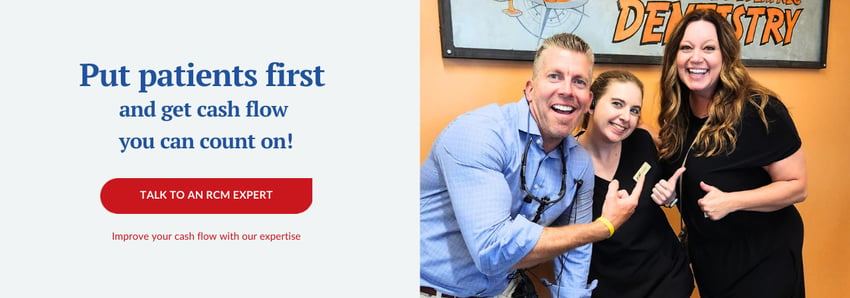Most notable ICD-10-CM code changes for 2022 affecting dentists


While procedure codes such as CDT and CPT® become effective beginning with dates of service on January 1 of each calendar year, ICD-10-CM diagnoses codes become effective beginning with dates of service October 1 of each calendar year. The 2022 ICD-10-CM code set effective date is upon us.
Generally speaking, changes to ICD-10-CM have minimal impact on dentistry. However, there are notable changes for 2022. Of particular interest to dentists this year is the addition of a specific code for dental complications due to Sjögren disease.
It is estimated that there are four million Americans living with this disease according to the Sjögren foundation. Sjögren’s is one of the most prevalent autoimmune diseases and is a systemic disease which affects the entire body. Patients may have mild to severely debilitating symptoms. This disease causes dryness of mucous membranes thus putting these patients at high risk for tooth decay among other risk factors.
The new code is as follows and allows for great specificity.
M35.0C Sjögren syndrome with dental involvement
Additionally, there is a revision to the 2022 ICD-10-CM code set of interest as it relates to dry mouth due to Sjögren syndrome. The change is as follows:
Revision:
R68.2 Dry mouth, unspecified
Excludes1: dry mouth due to Sjögren syndrome (M35.0-)
Revise Excludes1 from dry mouth due to sicca syndrome [Sjögren] (M35.0-) to dry mouth due to Sjögren syndrome (M35.0-) for language consistency.
This is by no means all of the possibilities of changes that could affect your dental practice but are the most notable for dentistry in 2022. Visit CMS for the full 2022 ICD-10-CM tabular list and index.
Diagnoses codes are not only reported on medical claims but some dental payers may require an ICD-10-CM code be applied to the dental claim. It is also not uncommon for a pharmacy to require an ICD-10-CM code for prescriptions to be covered under the patient’s pharmacy benefits (i.e., dry mouth medications).
Always review changes to the ICD-10-CM code set prior to October 1 of each calendar year to avoid any claims payment delays.
Insurance claim rejections are especially common when it comes to ICD-10-CM codes. With the right training, you can collect promptly for your practice. Get the latest guidance to select and document codes in this ICD-10-CM course available here in the training center.
Related Posts
Dental revenue resources from Dental Claim Support

